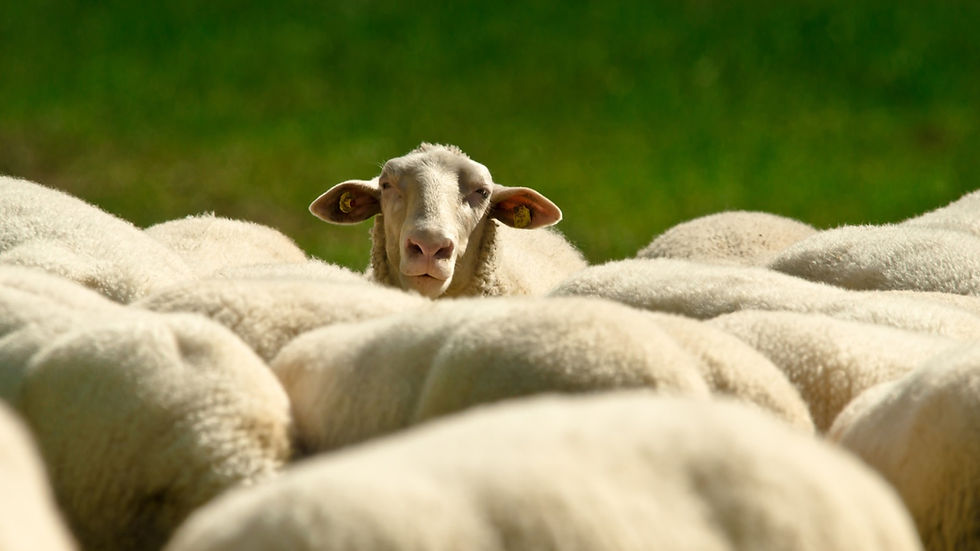Could South Australia be an eastern hub for new agriculture visa workers?
- Rikki Lambert
- Aug 24, 2021
- 3 min read

The South Australian Primary Industries Minister told FlowNews24 the federal agriculture minister believes the state's farm worker quarantine scheme is the 'gold standard' - so could it help eastern Australia bring workers in under Monday's vaunted new 'ag visa'?
There was a burst of publicity from Deputy Prime Minister Barnaby Joyce, his federal Nationals frontbench colleague and Agriculture Minister David Littleproud and a cast of others early on Monday morning that at long last, an agriculture-specific visa would be available to fill farm labour shortages across Australia.
Coming off the back of free trade negotiations with the United Kingdom to improve backpacker access to the country - which has been a labour mainstay for Australia's horticulture industry - the government announced the visa, triggering a flood of commodity-based responses, praise and questions.
Based on the successful Pacific Island worker program, the scheme will expand eligibility to UK citizens and a selected number of South East Asian countries as the source for workers.
On the Flow Morning Show, Rikki looked at the commodity reactions to the federal government's 'Ag Visa' announcement:
It is universally accepted in horticulture and to a similar degree in agriculture that there are certain farm jobs that unemployed or underemployed Australians just won't do. This is particularly so if the labour is intensive and occurs during the summer months.
With Australia's unemployment rate hitting 4.6 per cent recently - close to what is considered among economic boffins as 'full employment' - the farm workforce needs are dire.
Horticulture industry representatives regularly say there are tens of thousands of workers needed for imminent harvests.
The new agriculture visa had been long promised, drawing a once-bitten, twice-shy cynical response from the National Farmers Federation earlier in the year when the federal government said it was coming at long last.
On Monday, it was confirmed with a 30 September start date.
Given the minimum 14-day quarantine requirements under COVID-19 protocols, this means the clock is ticking for the first potential arrivals under the scheme. Regional Victoria returned to its seventh pandemic lockdown on Friday, while regional New South Wales residents were told they would remain under lockdown until at least Saturday. Despite passing the target of 6 million statewide vaccinations earmarked by the Premier as the precondition for eased restrictions for the vaccinated, at the time of writing no easing of NSW restrictions had occurred.
This led FlowNews24 to ask the South Australian government whether it might be called upon to quarantine farm workers for neighbouring states.

In the past, to the chagrin of New South Wales' Agriculture Minister Adam Marshall, that state had brought farm workers in and quarantined them, then willingly released them to work in other states.
Other states, the NSW minister told a parliamentary hearing, kept those workers to themselves.
With major sporting codes operating in quarantined hubs, it could be necessary for a farm worker quarantine hub to ensure new ag visa workers are through quarantine and ready for the winter crop and other harvests.
It will be a challenge that state Agriculture Ministers and governments will have to address, putting aside any differences they might have and get on with the job for the collective benefit of their sectors. Perhaps the federal Agriculture Minister might need to play peacemaker, and bring the federal treasurer's steaming credit card.

There are other challenges for the new ag visa to be smoothed out.
GrainGrowers say the visa sources need to be expanded as the expertise needed for their commodities resides in 'northern hemisphere' farm workers, implying that wasn't going to come from the Pacific Islands or south-east Asia.
With canola, barley and wheat on the cusp of record to near-record crops and reports of crop failures or disappointments overseas, it would be cruel indeed if crops lose value in the paddock due to an insufficient number of workers to bring it in.
After fruit rotted on trees in Victoria due to political posturing over bringing workers in for the 2020 harvest, if the federal and state governments don't manage this well, they are forewarned that there could be more than rotten apples heading their way.



Comments